1.1 Why Is Quantum Physics Weird?
If you put the word quantum in a talk title at a (non-physics) scientific conference, you will immediately lose the interest of 90% of your audience. However, if you put the same word in a public lecture title, the interest level increases tenfold.
Quantum predictions of the fine structure constant (related to the electrons charge) agree with experiment to better than one part per billion.
What is it about quantum physics that captures the public fascinationyet scares off many professional scientists and engineersmore than just about any other subject? Is quantum physics somehow fundamentally different from all other areas of scientific inquiry? Nearly 100 years after its discovery, the true meaning of the quantum theory remains as elusive as evereven as it continues to make the most accurate experimental predictions in all of science.
Sometimes they argue more publicly
This odd dichotomy between ontological ambiguity, on the one hand, and predictive certainty, on the other, does indeed put quantum physics in a rather uniqueand perhaps even embarrassingposition among the sciences and also among scien tists , who continue to argue with each other about what is really going on. Yet in truth, it seems that we may never know what is really going on in the quantum world. This is not simply a matter of not yet having invented the technology needed to perform the right experiments but, rather, appears to be a fundamental limitation.
For good or ill, this state of affairs implies that there will likely always be debate, dissatisfaction, and disagreement, at least among individuals with a philosophical or foundational bent. On the other hand, in addition to such legitimate controversy, a great many needless misconceptions about quantum physics also abound. This narrative therefore seeks to clarify, if not debunk, the most common and/or egregious of these misconceptions, without making any dogmatic and/or unprovable claimse.g., about how the quantum theory is to be interpreted.
1.2 What Do the Experts Say?
Writing on misconceptions about quantum physics is a challenge. In general, misconceptions depend very much on the beholder, with one persons obvious fact being another persons preposterous fiction. Of course, this is true for any subject, but for quantum physics it is even worse; because the subject is so strange and unfamiliar, it is hard not to have misconceptions about it.
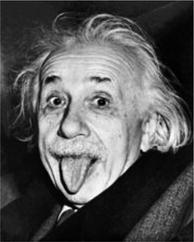
Even Uncle Albert wasnt always right
We can be forgiven for being slightly confused; despite the tendency of the press to call us baffled scientists, in truth thats not really news, thats just our natural state! (see Einstein quote below)
Even theexperts are not immunenot even a brilliant one like Albert Einstein. Einsteins own misconceptions about quantum physics are famous, but being Einstein, even his mis conceptions pointed the way to important understanding. Alas, most misconceptions that one finds in popular depictions of the subject do not lead to great insight. In any event, we scientists have certainly also contributed our fair share to the general confusion. Indeed, some of our own early misconceptions about quantum physics have continued to propagate even up to the present day.
With those caveats out of the way, what do the experts tell us about quantum physics? Here are a few notable quotes, to be discussed in due course:
If we knew what we were doing, it wouldnt be called research.
attributed to Albert Einstein
The paradox is only a conflict between reality and your feeling of what reality ought to be.
Richard Feynman
I think I can safely say that nobody understands quantum mechanics.
Richard Feynman
Richard Feynman is probably the most gifted practitioner of quantum mechanics in the first generation to have grown up with it.
David Mermin
Such objects are described by classical physicsi.e., the familiar, clockwork laws of Newton.
Lets start with Einstein. What exactly did he get wrong about quantum physics? Well, he believed that quantum objects possess definite attributeslike position, velocity, shape, etc.that we are used to associating with macroscopic objects, such as baseballs. It was already understood in the early days of the quantum theory that for quantum objects, we cannot actually observe all of these attributes simultaneously. However, there was a great debate as to whether the unseen attributeswhat we now call hidden variablesactually exist or not.
EPR stands for Einstein-Podolsky-Rosen, being the three authors on the scientific paper.
To prove his point, Einstein came up with a famous thought experiment now called the EPR experiment. The jist of his argument was the following: if quantum theory were correct, and hidden variables do not exist, then the EPR experiment would imply a crazy realityone involving entanglement of faraway particles and spooky action at a distance. This is what is known as the EPR paradox. Einstein concluded that quantum theory must therefore be wrongand in particular, that it must be incomplete . However, he also offered a way out: hidden variables would not only complete the theory, they would also provide a sensible description of reality.
The problem with Einsteins reasoning can be summed up in Richard Feynmans first quote above; reality does not always do what we would like it to do. We might be inclined to dismiss the EPR debate as so much metaphysical quibbling, were it not for the work of J. S. Bell. A decade after Einsteins death, Bell raised the stakes by showing that Einsteins local hidden variables are incompatible with the experimental predictions of quantum theorywhich now proved to be not just crazy but TOTALLY INSANE .
first by J. F. Clauser and later (and more famously) by A. Aspect
We will discuss the EPRB experiments, action at a distance, and the otherwise total insanity, in Chap.5.
In fact, EPRB (B for Bell) experiments have now been performed in the laboratory many times over, starting at the University of California, Berkeley, in the early 1970s. Lo and behold, the utterly insane quantum predictions that Einstein would have found completely inconceivable are in fact always observed in the lab, every time. So this makes it official; Einsteins local hidden variables do not exist . He got it wrong, but in the end, his ideas nevertheless pointed the way toward important new experiments and insights.
You dont know Richard Feynman? Really? Google him right now ! Mermin is himself a famous physicist, who wrote the classic book on solid state physics.
The second quote from Richard Feynman above is another fun onethis time, specifically pertaining to quantum mechanics. Just in case you somehow do not know who Richard Feynman is, and question his credentials, the last quote above is by David Mermin, describing Feynmans credentials. In a nutshell, Feynman is the guy who arguably understands quantum mechanics better than anyone else.

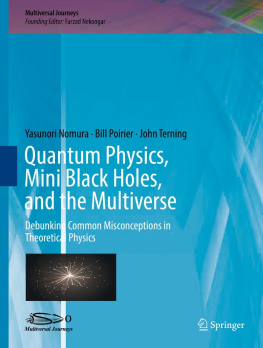
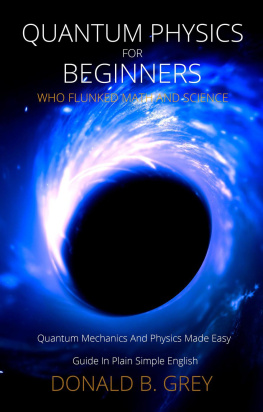

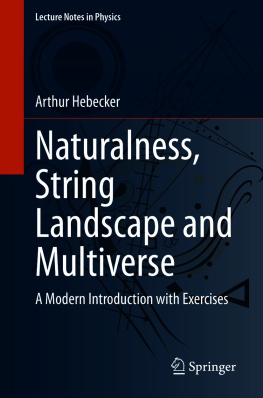
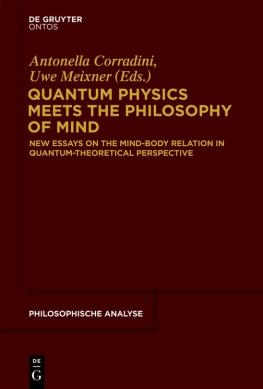
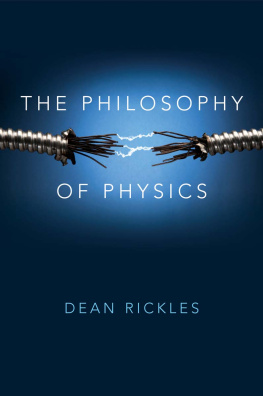
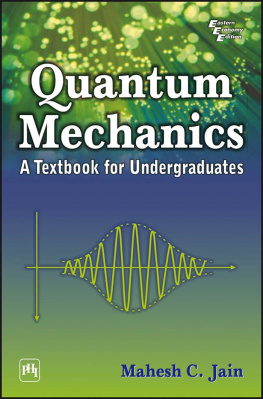
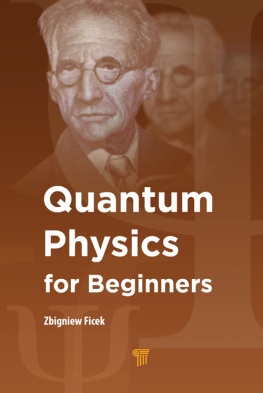
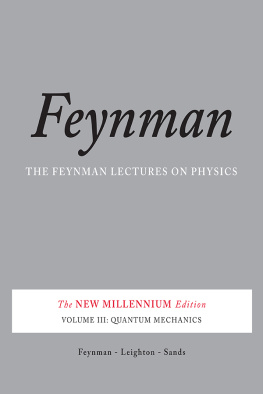
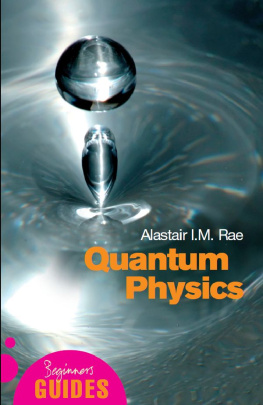
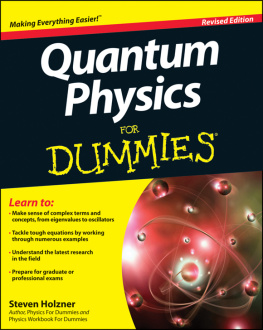
 Even Uncle Albert wasnt always right
Even Uncle Albert wasnt always right